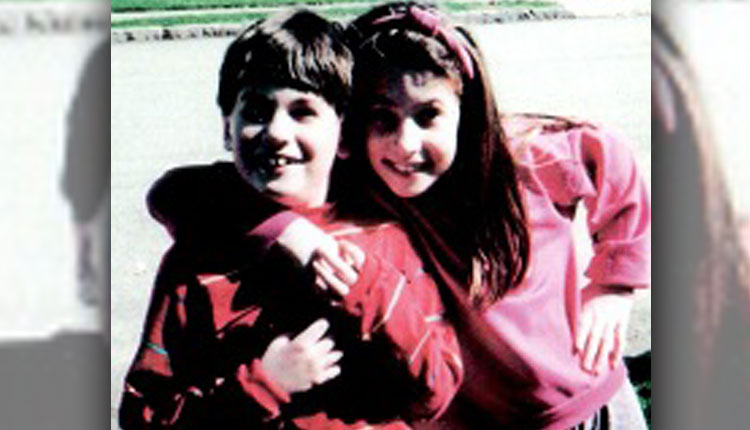Autism, Siblings and the R-Word Effect
When we, the siblings of someone with special needs, hear the word “retarded” or “retard,” even in the most seemingly-casual context, it strikes us hard.
When we hear it, we hear it as an echo of all the times our brothers and sisters were not welcomed. It’s an echo of every rejection, overt or covert, of every uncomfortable moment when we felt that we had to somehow explain or justify our siblings’ very existence. It reminds us of every time we couldn’t find the words to say that, in our moments of clarity, we see autism as a unique part of who they are.
The r-word is a jeer, a mockery and an attempt to draw an ever-more-pronounced line between those who are considered neurotypical and those who are not.
It doesn’t matter who says it – a dear friend or a stranger passing by on the street. Regardless of the speaker, the effect is the same: a feeling of uneasiness and hurt. As discussed in a recent
article, the r-word is alive and well and we, the siblings (as well as parents, caregivers, friends and loved ones), are wounded every time we hear it.
Sometimes, we swallow our anger and turn away. Sometimes, we ignore it, pretending it doesn’t matter. But every time we do this, we feel we have betrayed the person we love (and we have).
Other times, we are given the grace and courage to speak up and take a stand. In those times, we say in as calm a voice as we can manage, “Please don’t say that word. It’s offensive.” And more often than not, we get strange looks, or forced, unfeeling apologies. We may get derided for “making a big deal out of nothing.” On rare occasions, the request may be received with appreciation, and a true apology ensues.
Yet, regardless of the response, we must keep speaking up. We may feel insecure in doing so, but our love must be greater than our fear. As Martin Luther King Jr. once said, “A time comes when silence is betrayal.” Not speaking up when we hear the r-word is one of those times.
If you were to tell me that my brother is retarded because he has autism, here’s what I would say:
“Please don’t say that word. Language shapes thought and when you say that another person is retarded, you’re judging them as inferior. You’re saying that they are not worthy of being treated with dignity and respect. You’re treating them as though they are less than you, and in doing so, you expose a deep-seated ignorance and bias.
My brother’s gifts are different than yours, not less-than. My brother’s life may be different than yours, but again, not less-than. I would like to welcome you to a world of diversity, where deviating from normal isn’t a bad thing. I would like to let you know that there’s challenge in that world, but there is also joy.
If you call my brother (or anyone else) retarded, you’re being hurtful to them, and to those who love them. But on a deeper level, you’re also rejecting yourself. You’re rejecting the parts of yourself that need patience, acceptance and love. You’re covering up your own vulnerability by mocking the supposed weakness of another."
On March 7, 2012 , "Spread the Word to End the Word" will be holding its “annual day of activation” to help further raise awareness and educate others about this issue. Consider taking part in this event and let others know that each time individuals use the r-word, it can have a profound impact on others. And when they do, we all lose out.
About the Author

Caroline McGraw is a would-be childhood paleontologist turned storyteller, digging for treasure in people with autism & intellectual disabilities (& empowering caregivers to do the same). Her younger brother, Willie, has autism, and she writes about finding meaning in your most challenging relationships at A Wish Come Clear. Her first book, Your Creed of Care: How To Dig For Treasure In People (Without Getting Buried Alive) is a guide for caregivers, free to all who elect to receive posts via email at:
https://awishcomeclear.com

